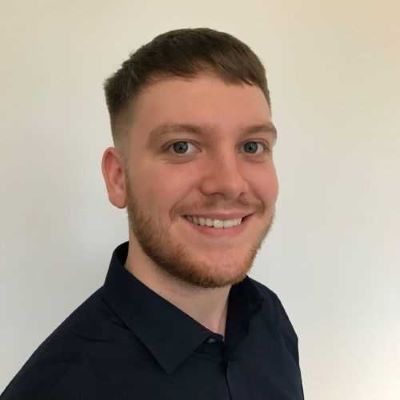
Graduate case studies
Even though many of our graduates will have progressed in their careers since completing a case study, they are still of interest to students who wish to gain an understanding of the world of work.
I am responsible for the meeting day to day project requirements, such as building models to simulate how health interventions effect a particular disease, providing quality research suited to our worldwide client's needs, supporting HTA submissions across the globe and fostering relationships with clients.
A typical day for me is to ensure deliverables are carried out efficiently in the projects I'm involved with, and that progress is communicated effectively with both clients and other team members. Currently 50% of my time involves carrying out project work myself, while 40% involves coaching less experienced team members on deliverables, liaising with clients and internal initiatives to improve the way we work.
I enjoy being able to gain an insight into the world of health and the impacts that health economics can have. I find working with a team of experts to deliver important analyses that can change lives is very rewarding. Additionally at my job at FIECON allows me to nurture my skills in modelling, data analysing and presenting. I can also improve my technical skills in Microsoft office and coding in R and VBA.
Some of the challenging aspects of the job come with working with interventions, diseases or patient groups that are complex by nature. Often we would need to use innovative techniques in order to sufficiently present the benefit that a particular intervention is having. The problem solving this involves can be challenging, but also provides a good source of personal development.
During my final year of my undergraduate degree, I became fascinated in the channels and processes which are used to measure health. I took up one of the health modules and my interest developed until I applied for the Economics and Heath economics MSc. As I continued my education, I became passionate about unpackaging the complicated subject of how health should be measured and allocated and how this is currently done in our society. The next step then seemed obvious to pursue a career in health economics.
I entered my role with an MSc in Economics and Health economics and very limited industry experience, but many of my coworkers in the same role had an undergraduate degree only. In terms of skills, any skills in Excel, R, VBA, Word and Powerpoint are desired, as well as any general skills in managing, presenting and problem solving.
Since leaving university at the end of 2018, the only other work experience I have had is my dissertation work placement in York. Since then I have solely worked at FIECON with my 1 year work anniversary in February.
In the future I see myself continuing my career in consultancy, and eventually managing projects of my own. One day I hope to be recognised as an expert in health technology field. I also have plans to potentially do a PhD.
Health economics is a young and growing industry. While the methods of assessing health and health technologies have been refined over the years, there are still a lot of room for improvements. If you are interested in making a big difference to the world through economics, perhaps this industry is for you.
Last updated: 14 Jan 2020
